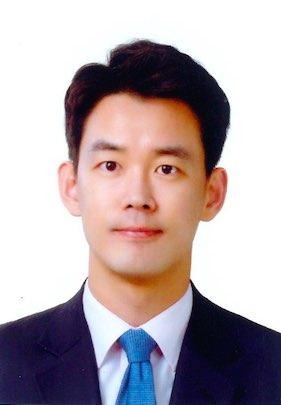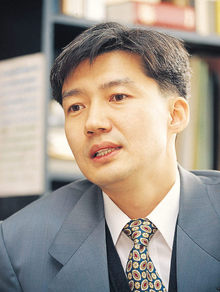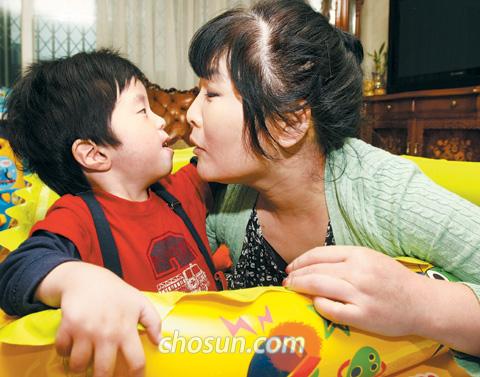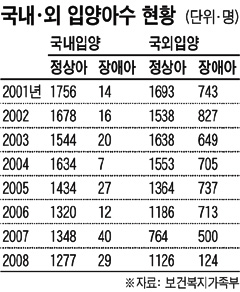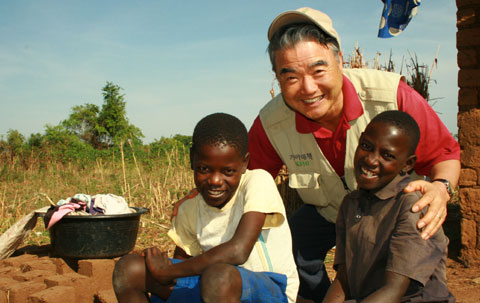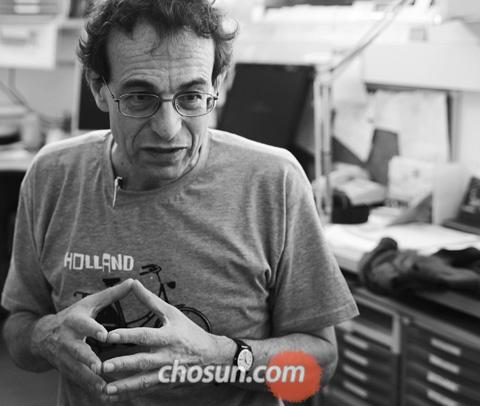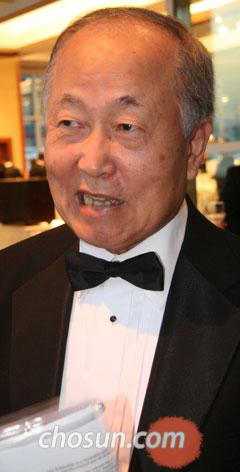The parents of a severely disabled baby faced each other in the High Court yesterday on opposite sides of a case to determine whether the boy should be allowed to die.
Doctors, supported by mother, want to withdraw life support from the year-old boy, known only as Baby RB. They say he faces a “miserable, sad and pitiable existence”. The father, who is separated from his wife, is fighting the doctors’ application.
Michael Mylonas, for the NHS trust, said that Baby RB, who cannot breathe unaided and has been on a ventilator since birth, faced a life of intolerable pain. He was born with congenital myasthenic syndrome, a neuromuscular condition from which there was no hope of recovery. The syndrome affects only about 300 people in Britain.
The mother’s solicitor said outside the High Court that each day she witnessed the pain he experienced just to survive and felt that his suffering must outweigh her own grief. However, the baby does not have brain damage and his father’s lawyers insist that he can recognise his parents and play with toys.
As well as being permanently reliant on a ventilator, the boy must regularly have it disconnected to undergo “suctioning” to clear fluid from his airways. Mr Mylonas said that this was “a feeling akin to having your lungs paralysed”.
In between suctions, “there will inevitably be periods when he suffers that choking sensation without respite”, Mr Mylonas said. “A peaceable, calm and dignified death with the aid of palliative treatment” was in RB’s “best interests”, he said.
However, the boy’s father believes that a tracheostomy, a simple surgical procedure which creates an opening in the neck to deliver air to the lungs, would allow him to be cared for at home. Baby RB will be examined by a physician over the weekend to see if this is feasible.
Mr Mylonas said: “Even with a tracheostomy, the condition of RB’s life will be such that he will have a miserable, sad and pitiable existence.”
For legal reasons, none of the parties, including the hospital trust and medical witnesses, can be identified.
The mother’s solicitor, Anthony Fairweather, said in a statement outside court: “RB’s mother has sat by her son’s bedside every day since he was born. Every day she has seen the pain he experiences just to survive.
“In deciding to support this application, she has listened and consulted with some of the best doctors in the world. Their view has been unanimous. In her mind, the intolerable suffering experienced by her son must outweigh her own personal grief, should she lose her child.”
The parents, who are both in their 20s and described as devoted, were in court yesterday. It is understood that both want to care for Baby RB if the court decides he can continue his life at home.
Dr R, a consultant paediatrician who examined Baby RB, said that the boy was at the most “extreme range of disability” that he had witnessed in 20 years as a consultant.
“Living in an intensive care unit is not a good quality of life for a young child,” he said. “The discomfort and distress of that did not seem to me to be outweighed by the limited developmental progress he was making.”
Dr R said that, although the boy was incapable of physically smiling, “at about 6 months of age he began to interact with his parents in a way they describe as smiling”.
He said: “He is already showing some communication. His parents are able to recognise when he is unhappy or in distress and also he’s able to communicate lack of stress or pleasure.”
However, Dr R warned: “It would take many months or years to develop a two-way communication system. Years probably.”
He agreed that there was no evidence that Baby RB’s brain was affected but said that it was hard to assess the extent of his cognitive abilities because his movement was so limited. Martin Westgate, for the boy’s father, said that videos filmed since Dr R’s report showed the boy was now able to reach for objects and bang a drum.
Dr R replied that he was unable to tell whether either of these actions was deliberate. “He’s made cognitive progress but I don’t think he’s changed dramatically in recent months.” Even if Baby RB was allowed out of hospital, he said, he would continue to need 24-hour ventilation. “He would remain in intensive care in a different setting.”
The hearing continues.
Heartbreaking cases
In March the Court of Appeal rejected an attempt by the parents of brain-damaged Baby OT, aged 9 months, to overturn a High Court ruling allowing a hospital to turn off his ventilator. The judges said he was in constant pain and would die before he was 5. He died that month
In March 2006 Mr Justice Holman refused to let a hospital stop ventilating MB, 18 months, who had spinal muscular atrophy. The judge said the boy was not brain damaged and enjoyed time with his family
In 2005 the Court of Appeal refused to allow doctors not to resuscitate Charlotte Wyatt — born with serious brain, lung and kidney damage — if she suffered a life-threatening infection. Doctors said she was in constant pain and had no prospect of a normal life. She can now walk with a frame
http://business.timesonline.co.uk/tol/business/law/article6900258.ece
(Times)
